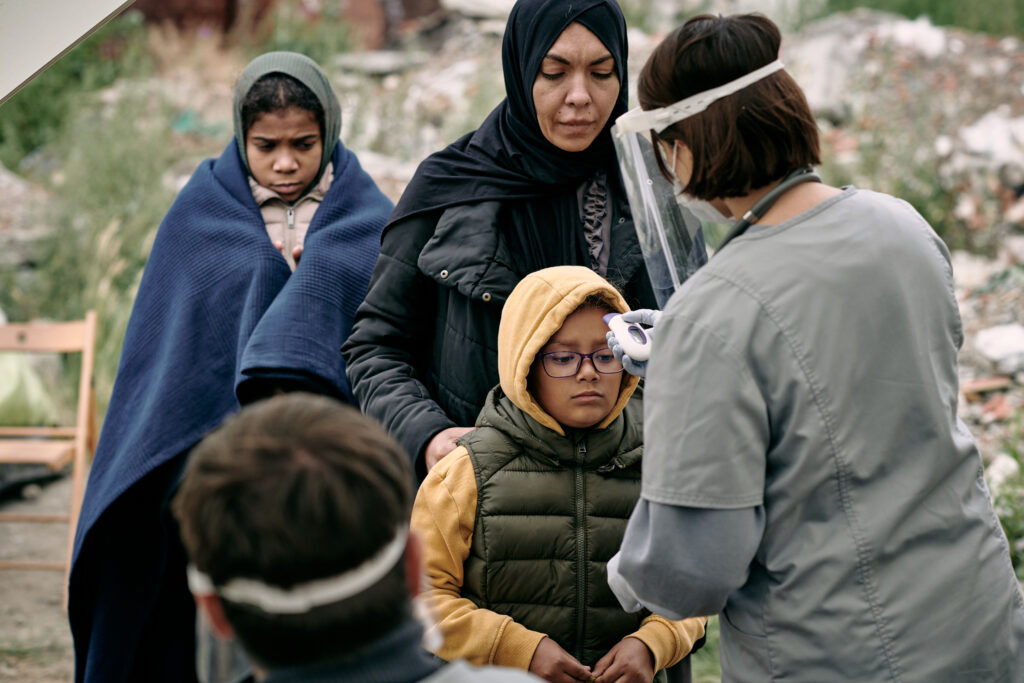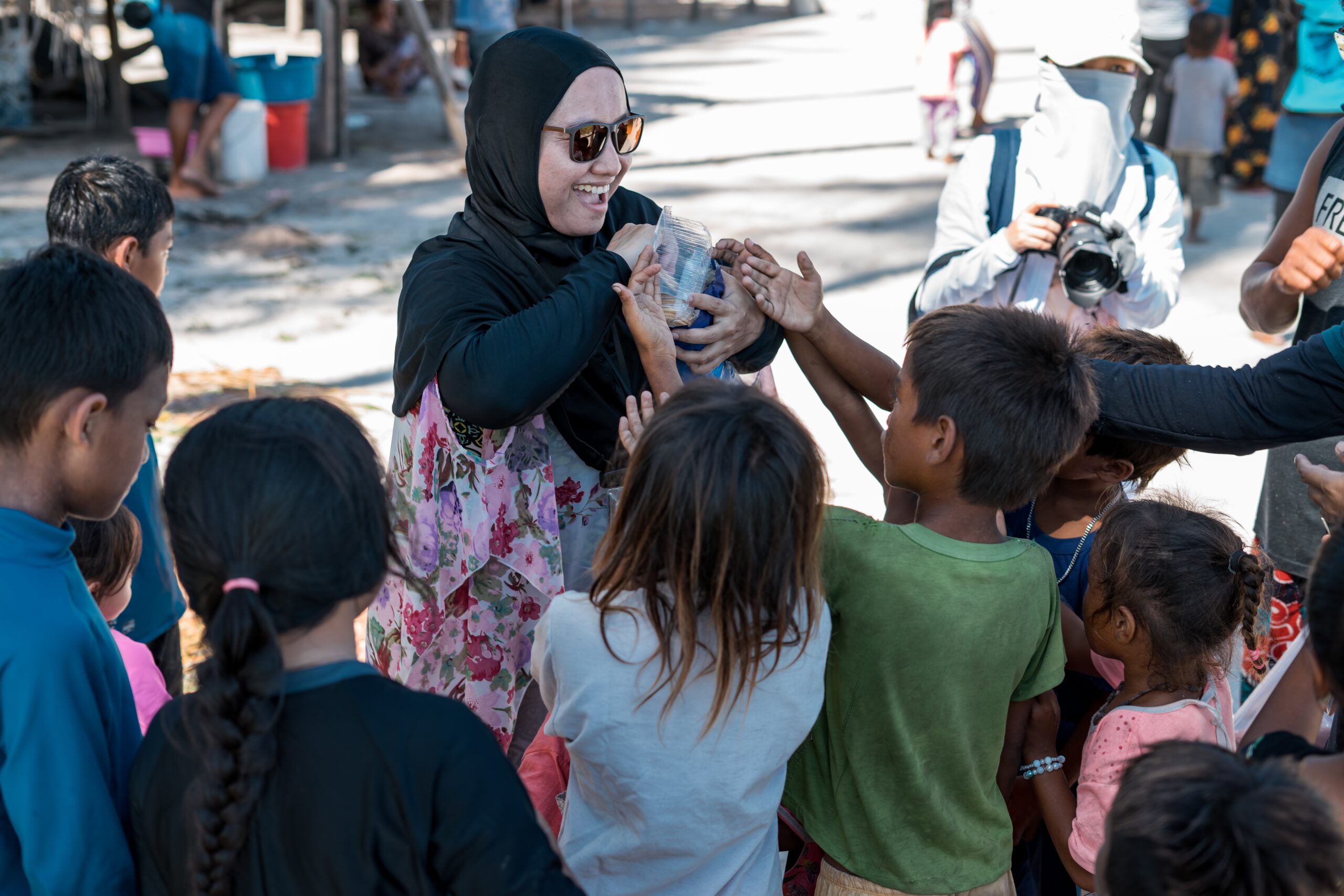The humanitarian landscape in the Middle East and Africa is undergoing a seismic shift following the Trump administration’s drastic reduction of foreign aid and the effective dismantling of the U.S. Agency for International Development (USAID). This abrupt policy change has left non-governmental organizations (NGOs) and philanthropic entities grappling with funding shortfalls, operational disruptions, and an urgent need to reassess their strategies in regions already burdened by conflict and poverty.
In early 2025, the Trump administration initiated a 90-day pause on foreign aid, leading to the termination of over 90% of USAID contracts and the freezing of approximately $60 billion in funding. This decision has had immediate and severe repercussions. In Gaza, for instance, the halt in aid has jeopardized critical humanitarian programs, including medical services and shelter provisions, undermining a fragile ceasefire and exacerbating the humanitarian crisis.
Similarly, in sub-Saharan Africa, the cessation of USAID support has disrupted essential services. Organizations like MANA and Edesia, which produce ready-to-use therapeutic food for malnourished children, faced factory shutdowns and staff layoffs due to canceled contracts. Although temporary funding from philanthropists like Chris Hohn provided some relief, it underscored the limitations of relying solely on private donations to sustain large-scale humanitarian efforts.
The ripple effects extend beyond immediate humanitarian concerns. In the Middle East and North Africa (MENA) region, USAID has historically played a pivotal role in supporting economic development, combating radicalization, and promoting stability. The withdrawal of U.S. aid threatens to reverse progress in these areas, potentially leading to increased instability and undermining U.S. strategic interests.
European nations, facing their own budget constraints, have struggled to fill the void left by the U.S. Countries like Germany, France, and the UK have reduced their development spending, further straining the global aid system. NGOs such as the Danish Refugee Council have already cut thousands of staff positions, anticipating that millions will be left without assistance.
In response to these challenges, there is a growing call for NGOs to localize their operations and reduce dependency on foreign aid. In Africa, organizations are exploring alternative strategies to sustain progress in economic development, education, and healthcare. This includes leveraging local resources, building partnerships with regional entities, and investing in community-led initiatives.
The situation has also prompted philanthropic organizations to reassess their roles. The Elton John AIDS Foundation, for example, launched the Rocket Response Fund to mitigate the impact of USAID cuts on HIV prevention and treatment services in Africa and Asia. While such efforts are commendable, they highlight the need for a more sustainable and coordinated approach to global aid.
As NGOs and philanthropic entities navigate this new landscape, the emphasis is shifting toward building resilience and self-sufficiency within local communities. By fostering local leadership, diversifying funding sources, and prioritizing sustainable development, these organizations aim to create a more robust and adaptable humanitarian sector capable of withstanding future challenges.
The current crisis serves as a stark reminder of the fragility of the global aid system and the urgent need for reform. Without a concerted effort to address these issues, the most vulnerable populations in the Middle East and Africa risk being left without the support they desperately need.
If you would like to find out more about this topic, please do not hesitate to contact us.








